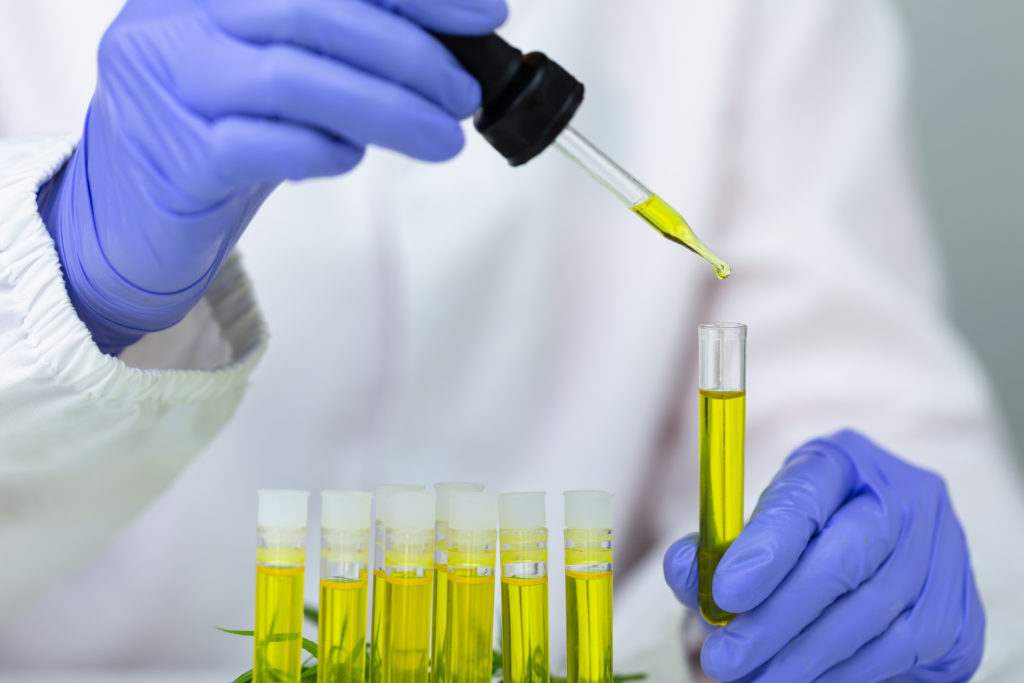R&D Tax Credit Offers Tax Savings for the Cannabis Industry
- Contributor
- John Grisham
Jul 7, 2022
Cannabis laws are changing rapidly throughout the country. However, the U.S. Drug Enforcement Agency classifies cannabis as an illicit Schedule I substance. That means cannabis retailers, growers, and processors in those states have been ineligible for most federal tax deductions and credits. But a 2018 law opened up a small window for certain cannabis industry players to take advantage of federal tax incentives.
Farm Bill Legalizes Low-THC Cannabis
The Agriculture Improvement Act of 2018 (also known as the Farm Bill) made industrial hemp, cannabidiol (CBD), and other cannabis-derived products legal at the federal level, as long as they don’t exceed limits for tetrahydrocannabinol (THC) content.
With their goods and services no longer banned by federal law, a large portion of the cannabis industry gained access to the full complement of tax credits and deductions available to more mainstream businesses. Enterprises ranging from independent hemp farmers to CBD-focused retail chains can now reap tax savings through traditional business incentives, such as claiming tax credits for qualified research and development (R&D) expenses.
An integral part of any thriving industry, research activities are a natural fit for companies jostling for position within emerging cannabis markets. Now that these activities can also lower their tax bill, companies that grow, sell, or process CBD and other non-THC components of the cannabis plant have even more incentive to invest in discoveries and refinements of existing techniques.
Tax-Saving Opportunities for Cannabis Growers, Processors, Retailers
The financial rewards of conducting an R&D tax credit study can be significant. Yet many potentially eligible businesses have not claimed the credit, either due to uncertainty about the rules or simply because they don’t know their activities qualify.
You don’t have to actively research new cannabis strains or perform rigorous scientific experiments to incur qualified research expenses. Whether your business is focused on the cultivation side of the hemp industry or the retail end, or anywhere in between, you’re probably spending money on qualified research activities. The following are just a few of the myriad activities that might fall under the heading of R&D:
- Trying new formulations for cosmetic products containing hemp oil
- Testing different cultivation approaches for maximum crop yield
- Working on better ways to extract hemp oil or isolate any of its non-THC components
- Improving packaging, storage, or processing techniques
- Contracting with medical teams to research treatment of specific conditions (such as seizures)
- Improving or developing new products based on consumer response
- Developing alternative dosages and delivery methods (e.g., gummies, creams, chewing gum, hard candies, topical sprays)
- Building customized software solutions to manage production or inventory efficiently
To support these claims, companies must keep scrupulous records showing that the activities meet IRS requirements for qualified research activities and distinguishing the costs from routine operations or other business expenses. Seek the advice of an experienced tax professional who is well-versed in the IRS rules and regulations for cannabis businesses.
The therapeutic benefits of CBD and other non-THC components of the cannabis plant have yet to be fully explored. Investing in research activities can give your company a solid competitive edge in an industry poised for decades of growth. And thanks to the Farm Bill, the R&D credit and other tax incentives may be available to reduce taxable income and support cash flow today. Reach out to your CRI advisor to learn more.

































































































































































































































































































































































































































































































































